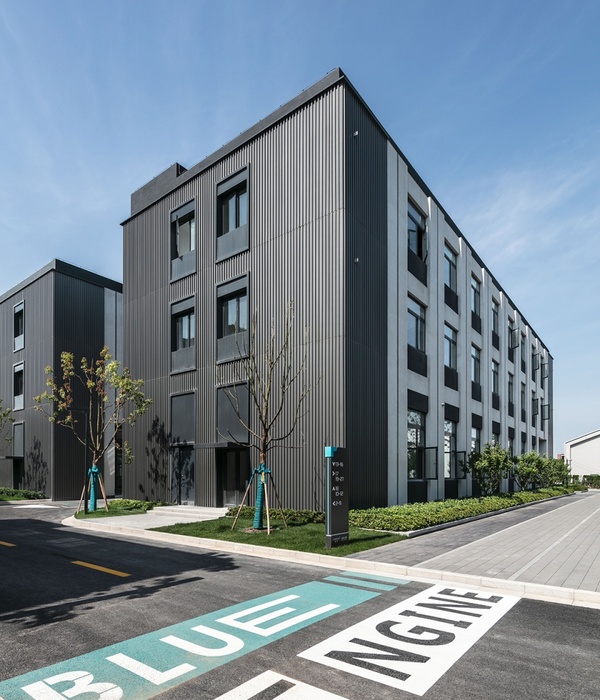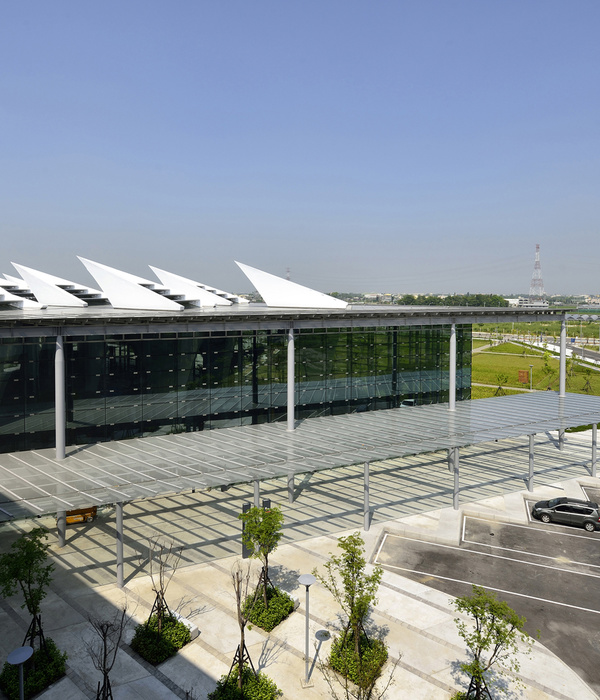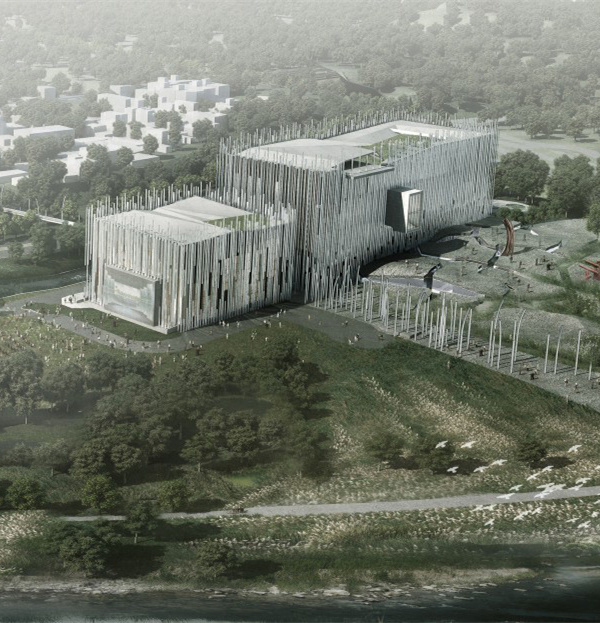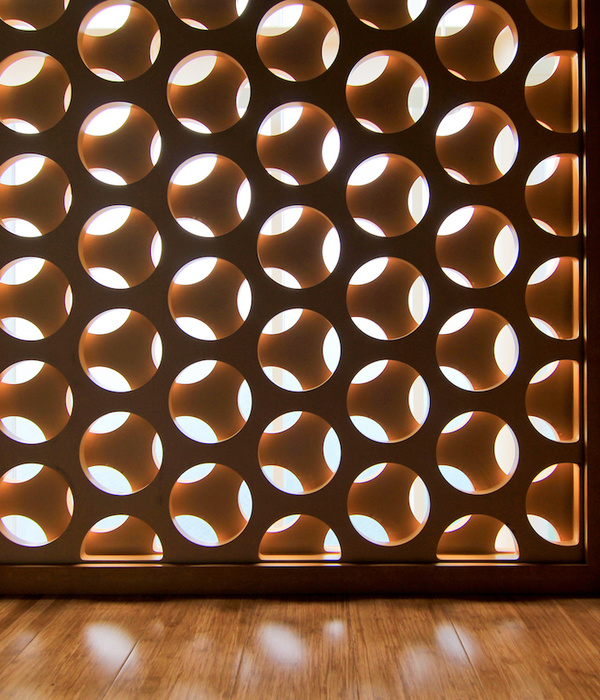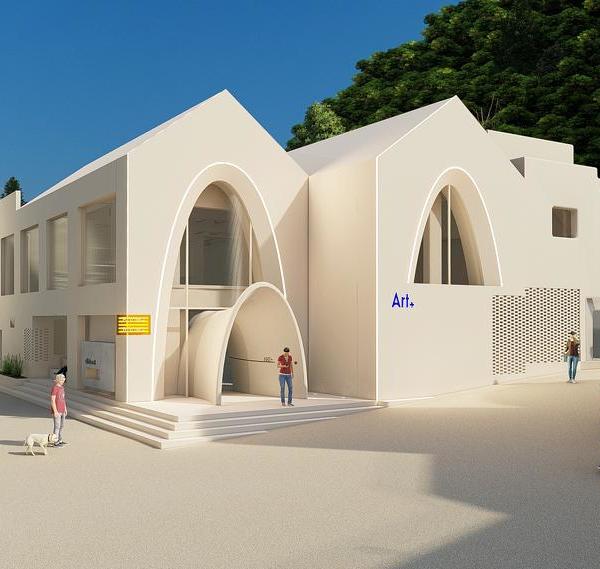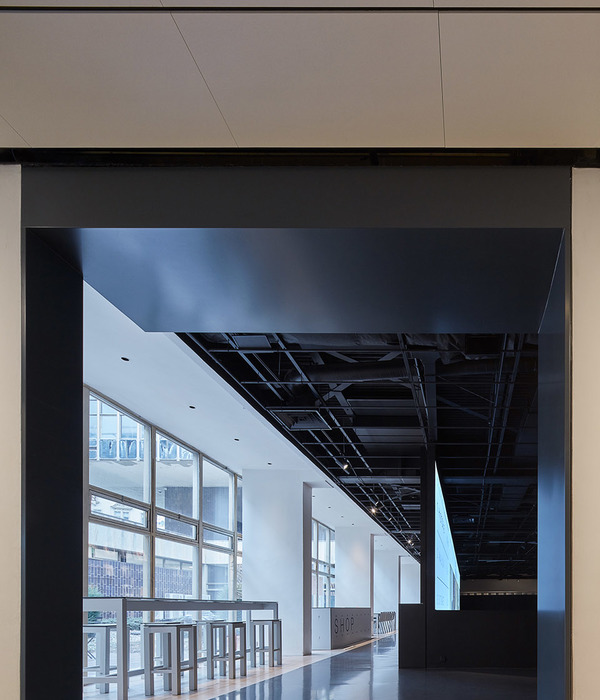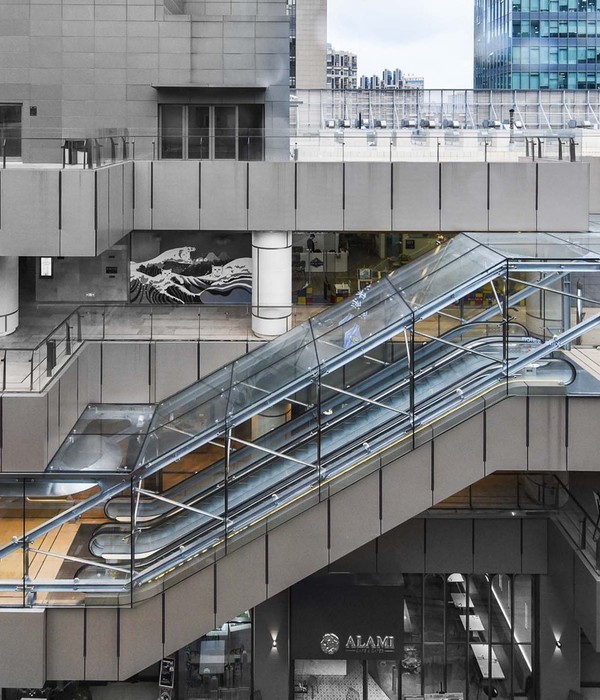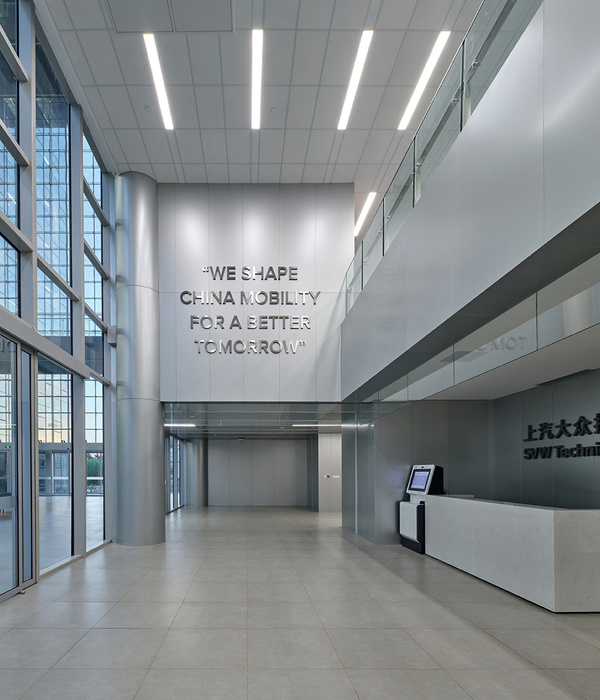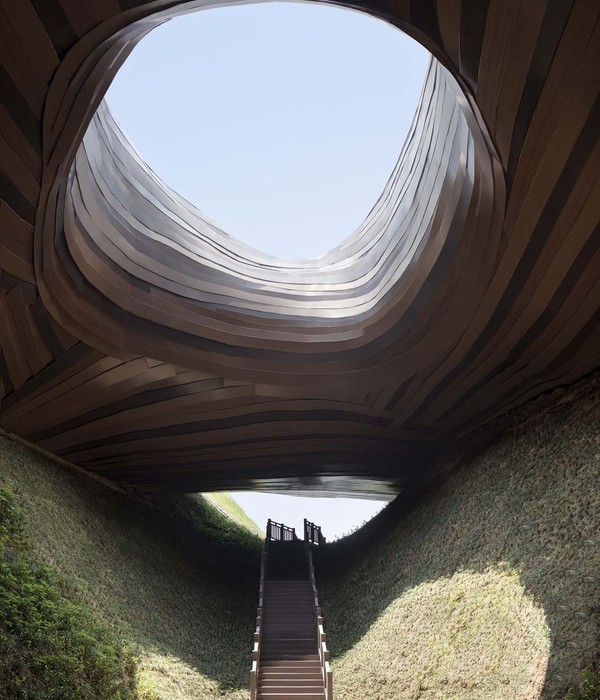架构师提供的文本描述。圣弗朗西斯科教堂的起源可以追溯到恰拉蒙特人的不和时期,他在十四世纪的最初几十年为圣安东尼建造了一座小庙宇。教会,正如我们今天所看到的,它主要是由纳塞利家族实现的,他们从1453年到1816年一直是科米索家族的伯爵。
Text description provided by the architects. The origins of the church of San Francesco all'Immacolata di Comiso date back to the feud of the Chiaramonte, who in the early decades of the fourteenth century built a small temple dedicated to St. Anthony. The church, as we see it today, it has largely been realized by the Naselli family, who were Counts of Comiso from 1453 to 1816.
Text description provided by the architects. The origins of the church of San Francesco all'Immacolata di Comiso date back to the feud of the Chiaramonte, who in the early decades of the fourteenth century built a small temple dedicated to St. Anthony. The church, as we see it today, it has largely been realized by the Naselli family, who were Counts of Comiso from 1453 to 1816.
© Filippo Poli
(c)菲利波波利
© Filippo Poli
(c)菲利波波利
建筑综合体包括教堂、修道院和修道院,指哥特式加泰罗尼亚风格。教堂有一个单一的内凹,有一个门廊立面,门廊的形状非常简单,由两根锥形的柱子狭窄。正面上部的 有一个优雅的Oculus,它让人想起了方济各的风格。周边墙由简单的方形砌块组成,上方是沿其北侧延伸的突出的檐状结构。教堂真正的棺材是纳塞利的礼拜堂-陵墓,正方形在底部,但在穹顶的顶部,它被转换成一个八角形,而猿被放置在底部。
The architectural complex includes the church, the convent and the cloister and refers to the Gothic-Catalan style. The church, with a single nave, has a gabled facade, on which opens a portal with a very simple shape, narrow by two tapered columns. In the upper part of the facade there is an elegant oculus that recalls the Franciscan style. The perimeter wall consists of simple square blocks and is surmounted by a jutting cornice that runs along its northern side. The church's true casket is the chapel-mausoleum of the Naselli, square at the base but which, at the height of the dome's cornice, is transformed into an octagon, while the apse is placed at the bottom.
The architectural complex includes the church, the convent and the cloister and refers to the Gothic-Catalan style. The church, with a single nave, has a gabled facade, on which opens a portal with a very simple shape, narrow by two tapered columns. In the upper part of the facade there is an elegant oculus that recalls the Franciscan style. The perimeter wall consists of simple square blocks and is surmounted by a jutting cornice that runs along its northern side. The church's true casket is the chapel-mausoleum of the Naselli, square at the base but which, at the height of the dome's cornice, is transformed into an octagon, while the apse is placed at the bottom.
© Filippo Poli
(c)菲利波波利
目前,教堂的入口是通过三个石阶进行的,这构成了自由使用有关入口的障碍。因此,该项目的目标是克服这一架构障碍,同时迎接将新的架构元素纳入历史化上下文的挑战。
The entrance to the Church currently takes place through three stone steps, which constitute a barrier to the free use of the entrance in question. The aim of the project is therefore to overcome this architectural barrier, simultaneously catching the challenge of incorporating a new architectural element into a historicized context.
The entrance to the Church currently takes place through three stone steps, which constitute a barrier to the free use of the entrance in question. The aim of the project is therefore to overcome this architectural barrier, simultaneously catching the challenge of incorporating a new architectural element into a historicized context.
该干预的猫道物体利用广场的坡度,随后在确定对侧入口的双重访问中:第一允许通过放置在教堂本身的地板的脚位高度处的水平平面克服建筑障碍;第二,在相对侧上,通过四个步骤的构造来连接正方形和内部区域之间的高度差。
The catwalk object of the intervention exploits the slope of the square, succeeding in determining a double access to the side entrance: the first allows the overcoming of architectural barriers through a horizontal plane placed at the footfall level of the flooring of the Church itself; the second, on the opposite side, connects the difference in height between the square and the internal areas through the construction of four steps.
The catwalk object of the intervention exploits the slope of the square, succeeding in determining a double access to the side entrance: the first allows the overcoming of architectural barriers through a horizontal plane placed at the footfall level of the flooring of the Church itself; the second, on the opposite side, connects the difference in height between the square and the internal areas through the construction of four steps.
© Filippo Poli
(c)菲利波波利
用铁锈活化剂处理的铁制成,由实心板构成的行走表面,而用微穿孔板作护栏。这种材料的选择是一种双重意志的表达:赋予视觉上的轻元素以生命,它尊重先前的存在,强调它,同时又有其自身的特性和可识别性;其次,装配和干铺允许可能去除元素,并将其对现有环境的干扰降至最低。因此,根据总监和博物馆惯例的规定,整个结构与外观分离,以免改变外观。
Made of treated iron with rust activator it consists of a walking surface made of solid sheets, while the micro-perforated plate was used for the parapet. The choice of this material is an expression of a dual will: to give life to a visually light element, which respects the pre-existence, emphasizes it and, at the same time, has its own character and recognisability; secondly, the assembly and the dry laying allow the possible removal of the element and its minimal interference with the existing context. It therefore follows that, according to the dictates of the Superintendency and museum practices, the entire structure is detached from the facade so as not to alter it.
Made of treated iron with rust activator it consists of a walking surface made of solid sheets, while the micro-perforated plate was used for the parapet. The choice of this material is an expression of a dual will: to give life to a visually light element, which respects the pre-existence, emphasizes it and, at the same time, has its own character and recognisability; secondly, the assembly and the dry laying allow the possible removal of the element and its minimal interference with the existing context. It therefore follows that, according to the dictates of the Superintendency and museum practices, the entire structure is detached from the facade so as not to alter it.
{{item.text_origin}}

